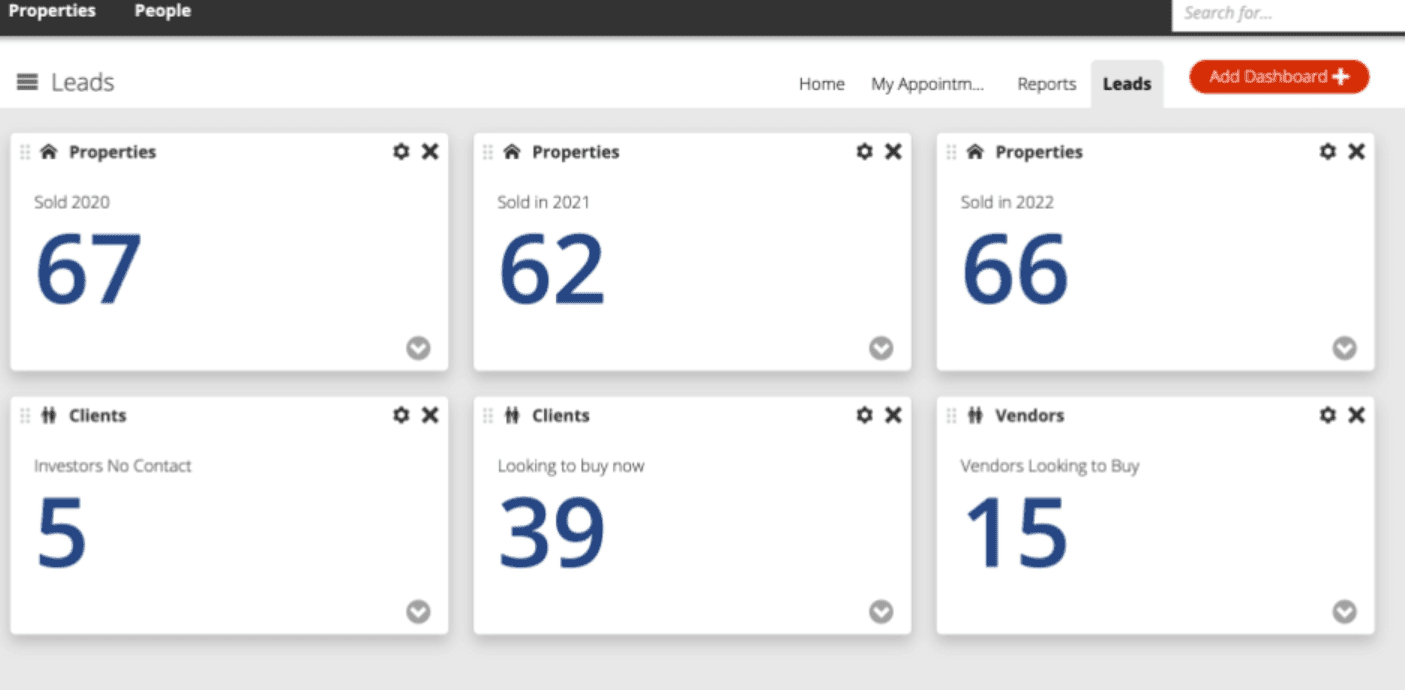Using Data Mining in Real Estate:
A Guide - Dezrez
Using Data Mining in Real Estate:
A Guide - Dezrez

The Role of Data Mining in the Real Estate market
Data mining in real estate encompasses the extraction and analysis of vast quantities of data to glean insights that can drive strategic decisions. This process involves several key steps: data collection, data processing, analysis, and application. Let's delve deeper into each of these aspects.
The first step in data mining is gathering relevant and accurate information. In real estate, this encompasses access to a broad range of information sources:
- Property Data: This includes details about properties on sale or rent, such as location, size, age, condition, amenities, and historical pricing. Data is often sourced from real estate listings, public records, and historical transaction databases.
- Market Trends: Market data involves broader trends in the real estate market, including average prices, sales volumes, time-on-market stats, and macroeconomic indicators like interest rates and employment rates. This information is typically gathered from real estate market reports, economic data released by governments or financial institutions, and industry publications.
- Client Data: Client data includes information about buyers, sellers, renters, and investors – their preferences, demographics, buying behaviour, and financial capabilities. This data can be collected through customer relationship management (CRM) systems, online platforms, and direct interactions with clients.
- Legal and Regulatory Information: This includes zoning laws, building regulations, and environmental compliance data, which can significantly impact property values and marketability. Such data is often sourced from government portals, legal databases, and regulatory bodies.

Rezi: Your Data-Driven Estate Agent Software
A prime example of leveraging data mining in real estate is Rezi estate agent software. This powerful tool demonstrates how mined data, when combined with efficient property management systems, can drastically improve business outcomes. Some of the data-driven features of our estate agent software include:
Data-Driven Sales Progression
Client Relationship Management
Rezi effectively uses mined data to manage preferences and maintain relationships with clients. This is particularly important in a market where only 1 in 8 buyers return to their original agent. Rezi helps agents reconnect with past clients, nurturing these relationships to increase repeat business.
By analysing client data, including past purchases, preferences, and search patterns, estate agents can create calculated and closely targeted marketing campaigns. For example, data on a client’s preferred locations, property types, and budget range can tailor specific listings to their needs.
Data mining also helps in predicting which clients are likely to buy or sell soon, for example by analysing data like the duration since the last purchase. This helps estate agents focus their effort on maintaining relationships with potential repeat clients at the right time.
Some examples of the key data indicators for predicting whether clients might be ready to buy or sell their house include:
- Duration Since Last Purchase: One of the primary indicators is the time elapsed since the client’s last property purchase. Historical data patterns might show, for example, that homeowners in a particular demographic tend to sell or upgrade their homes every 7-10 years.
- Market Conditions: Analysis of broader market trends, such as rising property values in a client's area or low-interest rates, can indicate optimal selling or buying times. Clients who are aware of these trends might be more inclined to act.
- Property Equity Levels: Clients who have built substantial equity in their current homes may be more likely to consider selling and purchasing a new property. Data on mortgage payments and property appreciation rates can help identify such clients.
- Interaction and Engagement Data: Monitoring clients' interactions with marketing materials, property listings, and communication can provide clues about their readiness. For instance, an increase in a client’s engagement with property listings or real estate market news can be a strong indicator of their intent to buy or sell.
- Property Maintenance and Improvement Data: A sudden spike in home improvement activities, often gathered from home improvement retailer data or permit filings, can sometimes indicate preparation for a sale.
- Neighborhood and Community Trends: Data indicating a trend of people moving in or out of a neighbourhood, perhaps due to changes in local employment opportunities or school district ratings, can be a precursor to more sales or purchases in that area.
Tips For Getting Started With Data Mining Techniques in Real Estate
Conclusion
Data mining is not just a technology trend; it's a fundamental shift in how the real estate industry operates. Tools like Rezi are at the forefront of this change, offering a glimpse into a future where data-driven insights lead to smarter strategies, stronger client relationships, and more efficient property management. As the industry evolves, embracing these tools and technologies will be crucial for success in an increasingly complex and competitive market. Want to find out more about how estate agent software with powerful in-built database capabilities can support your agency's operations? Get in touch with the Dezrez team today.

